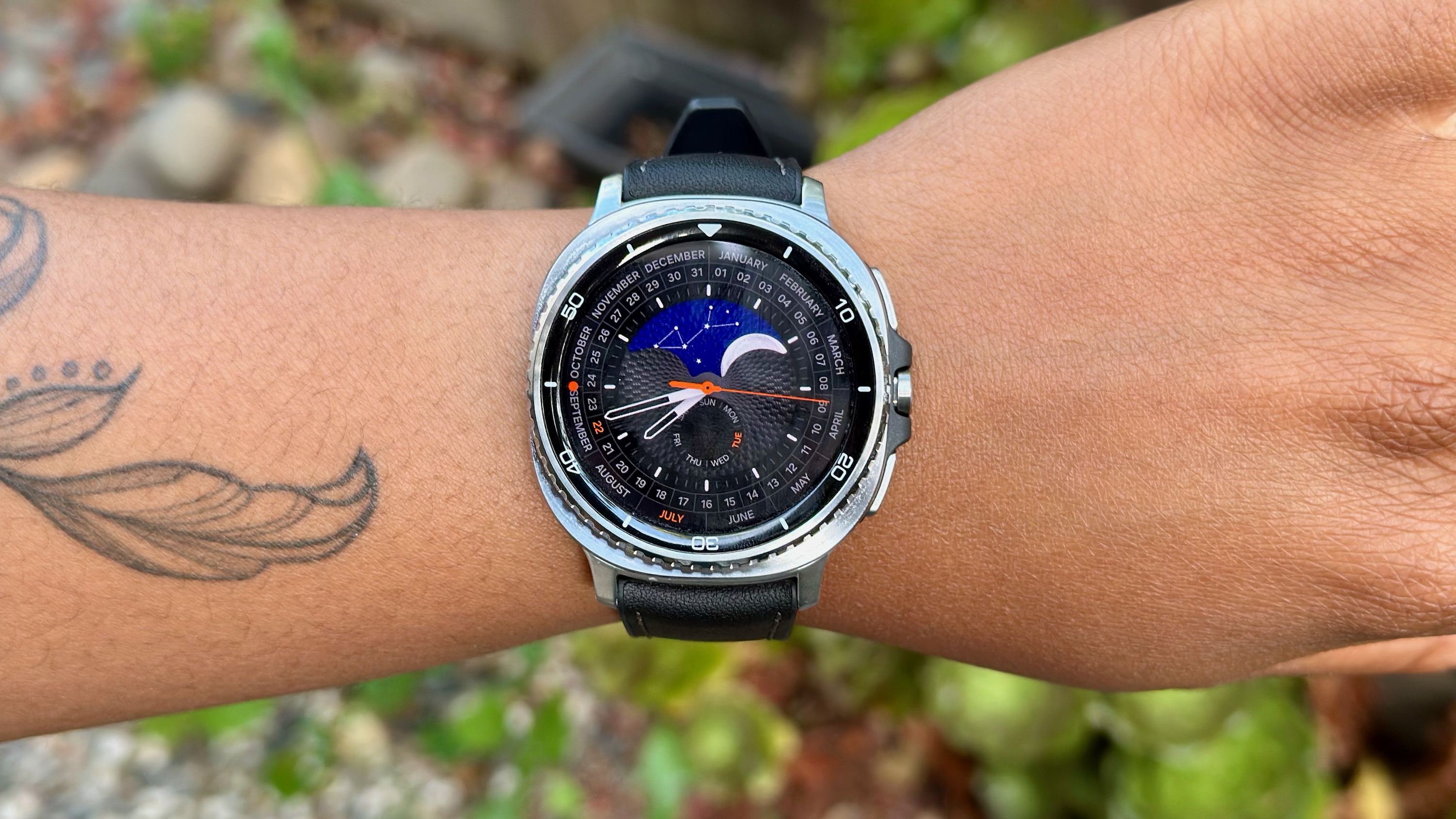Walking Is Everything: Why Things Become Other Things Rules Or Ruins Your Soul
Hello everyone. Strap in, because today we’re trudging-step by overly romanticized step-through Craig Mod’s Things Become Other Things. If you’ve ever wondered what would happen if you blended travel writing, grief journaling, and a National Geographic voiceover into a single literary smoothie, congratulations, this book exists. And I’ve read it. Which means you don’t have to, unless endless reflections on moss, crabs, and vestibular anatomy are your idea of a Friday night speedrun.
The Premise: Walking as Therapy, Pilgrimage, and Personality Trait
The core premise here is deceptively simple: guy moves from small-town America to Japan’s Kii Peninsula, starts walking. A lot. Like, Bethesda-open-world-map-exploration levels of walking. But instead of stumbling into dragons or hidden loot, Craig stumbles into existential musings, childhood trauma, and the occasional goat-like antelope that somehow has “an aura of magic.” As a doctor, I’d file that under symptoms possibly related to dehydration or caloric deficiency, but in literary form it’s meant to be profound.
Of course, walking here isn’t just physical movement-it’s a sweeping metaphor for self-discovery, forgiveness, and the slow realization that your absent father might not be the final boss of your emotional dungeon. Craig writes about walking as if it’s a chef’s kiss potion capable of curing family estrangement, grief, and whatever psychological inventory he’s carrying around. Noble? Sure. But at page 200, even I started diagnosing myself with a mild case of ‘enough already.’


The Good: Lush Detail for the Patient Reader
Let’s give the man some credit: the environmental descriptions are vivid enough to make even the most committed indoor gamer peek out the window. You get moss so plump you want to faceplant into it, mountain crabs straight out of stop-motion animation, and ancient temples with more lore than most MMO expansions. If you approach this expecting a slow-burn, meditative travelogue, you’ll find moments of genuine beauty here-scenes that do manage to stick the landing emotionally without tripping over their own prose.
“This extra space… carried with it patience and – gasp – maybe even… love?”
That Japanese word, yoyū, for “abundance” is a nice touch-though the book leans on these bits a tad like a gamer overusing the same special ability cooldown: impressive the first time, repetitive by the third.
The Not-So-Good: The Emotional Fetch Quest That Never Ends
Here’s my problem: after a while, every walk starts to sound the same. Find path. Reflect on grief. Meet quirky local. Learn life lesson. Repeat. It’s like playing a beautiful but overlong indie walking sim-you admire the scenery, you appreciate the soundtrack, but deep down you’re wondering if you could have just watched the cutscenes on YouTube. There’s depth, but it’s stretched thin across so many steps that by the fiftieth metaphor about horizons, you start suspecting the author’s Fitbit was running his editing process.
And the family drama woven through all this? Wrenching, sure, but handled with the subtlety of a triple-A RPG where every NPC is desperate to tell you their backstory. We get it: absent father bad, walking good. Can we move to at least a side quest involving that magical goat-thing again?
The Whole Walking-as-Life Conspiracy
Look, I’m as into grand metaphors as the next critic, but the book keeps treating walking like it’s the Illuminati of personal development-secretly pulling the strings of your soul the whole time. One could almost believe there’s a shadowy global pedometer cabal ensuring we never notice the real story: that walking is walking, gravity doesn’t care about your childhood trauma, and no amount of poetic waxing changes the fact your feet will blister if you don’t wear decent shoes.
Final Diagnosis
As literature, Things Become Other Things delivers on atmosphere and heartfelt intent. As a reading experience, it’s an overwrought hike through emotional and scenic terrain that might enchant or exhaust you depending on your tolerance for extended metaphor and repeated philosophical loops. In gaming terms, this is a slow, contemplative exploration title with gorgeous assets but a repetitive quest structure. You either vibe with that, or you uninstall before the ending cinematic rolls.
My verdict? Admirable in parts, indulgent in others, and definitely not for those seeking a brisk narrative pace. For walkers, wanderers, and poetic souls-strap on your boots and prepare for a soul-slow journey. For everyone else, maybe just take the shortcut through the fast-travel menu.
And that, ladies and gentlemen, is entirely my opinion.
Things Become Other Things: Walking, Forgiveness, and Belonging in the Mountains of Japan, https://www.themarginalian.org/2025/08/09/things-become-other-things-craig-mod/



